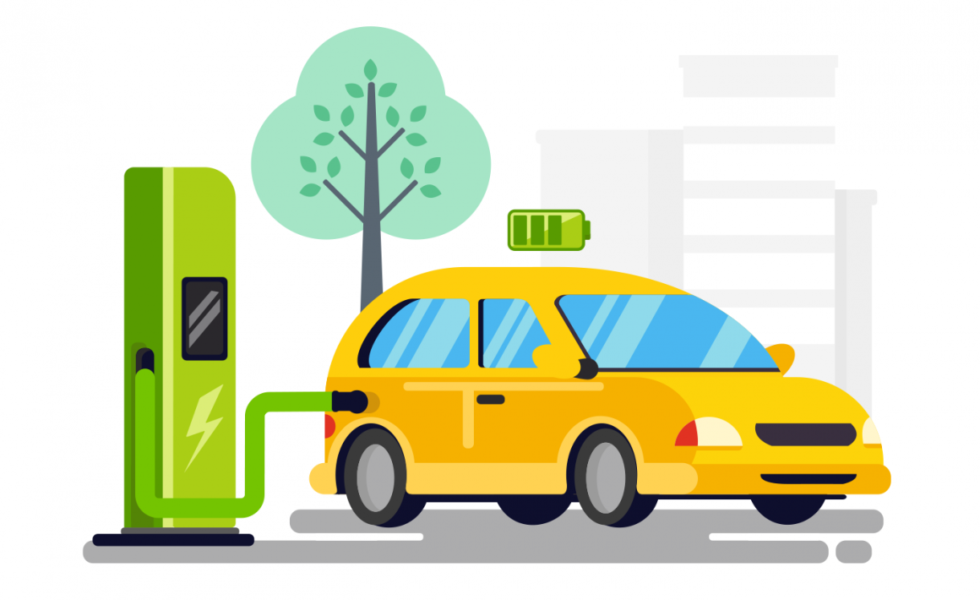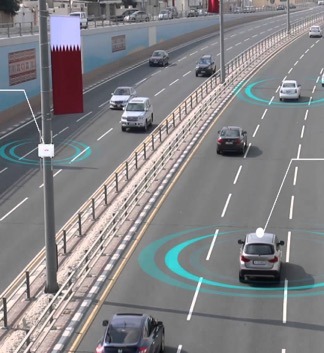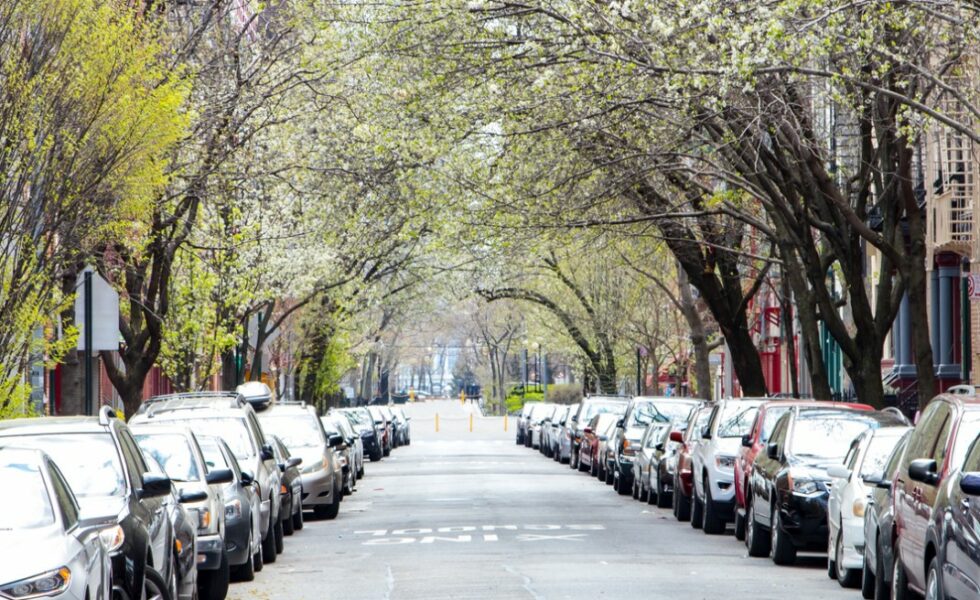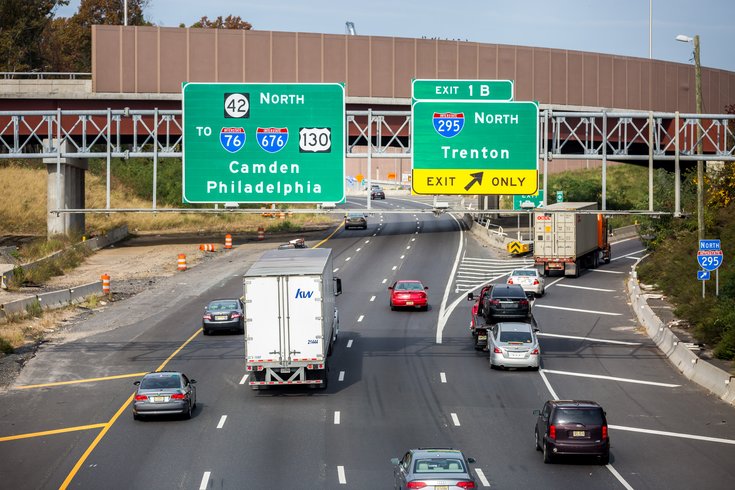Impact of Ride-Sharing in New York City
This project aims to develop a comprehensive holistic model of urban transportation demand given multiple available modes, including for-hire vehicles and their shared options. The model will enable assessment of the impact of shared mobility on urban transportation mode choice, which can be further translated into economic, social, and environmental impacts.










